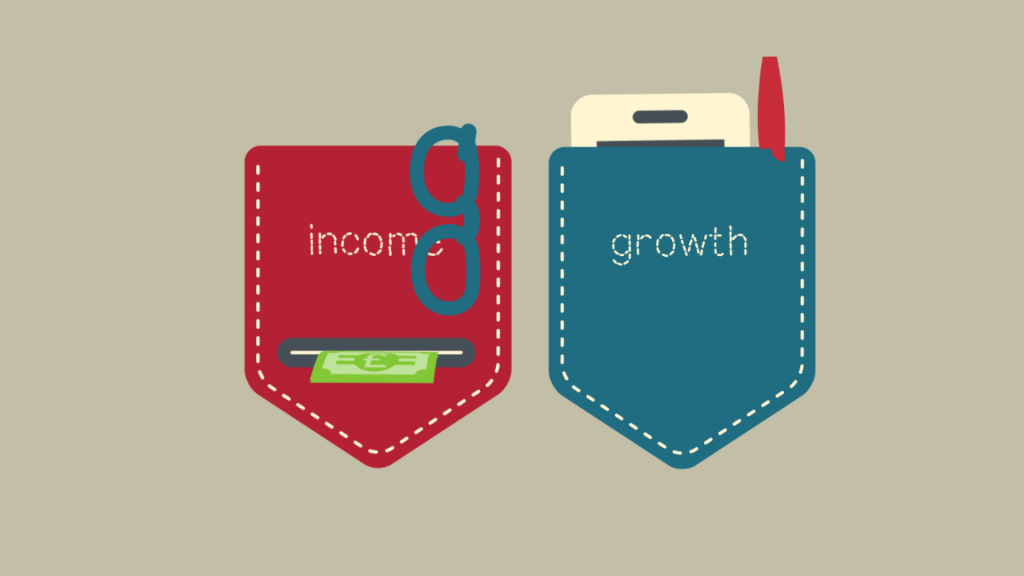Share Dealing Account Types
What types of share dealing accounts are there, and which is best for you?
Most share dealing services provide three different types of accounts, where you can hold shares. These are, Individual Savings Accounts, commonly known as an ISA, Self-Invested Personal Pension, often referred to as a SIPP, and a Share Dealing Account, sometimes called a General Investment Account or a GIA. Think of them as a folder or box, in which you keep and manage your shares. Each type of account comes with different features. It’s important to consider each and determine which is best for your financial objectives.
An ISA is a type of government endorsed tax-relief. Each year the government sets a limit for the maximum you can save or invest in an ISA. There are a number of different types, but the one used for investments is called a Stocks and Shares ISA. You can invest up to the limit each year and you won’t pay tax on any dividends or income you receive, or capital gains you make. A share dealing service generally charges an administration fee for an ISA, as they have some admin to do each year with HMRC, on your behalf. These can be a flat fee charge once a year, or split over the course of the year, or could be a percentage of the value of your investment.
A SIPP is another tax-relief scheme, but this one is designed to provide an income for retirement, in addition to any pension you might get from the government or an employer. A SIPP attracts tax relief when you make a contribution. The amount of relief you get depends on the rate of income tax you normally pay. Pension investments are exempt from capital gains tax, and there’s no income tax to pay on dividends. There are also limits to how much you can put in. Share dealing services charge fees for SIPPs, either flat, or percentage. These are generally higher than for ISA’s, as there’s more administrative work required.
A Share Dealing Account is the third option. These don’t come with any of the tax-relief benefits of ISA’s and SIPP’s. But generally providers don’t charge admin fees for them either. There are some exceptions to this, so it’s worth reading the fine print before you start.
Regardless of which account you choose, they will generally all have fees when you buy and sell shares. Also it’s important to be mindful that tax benefits and fees are liable to change in the future, and the amount of tax you will pay, depends on your own circumstances.



